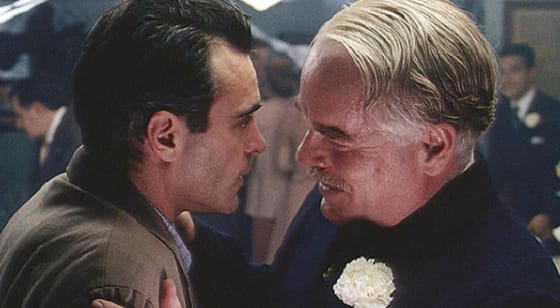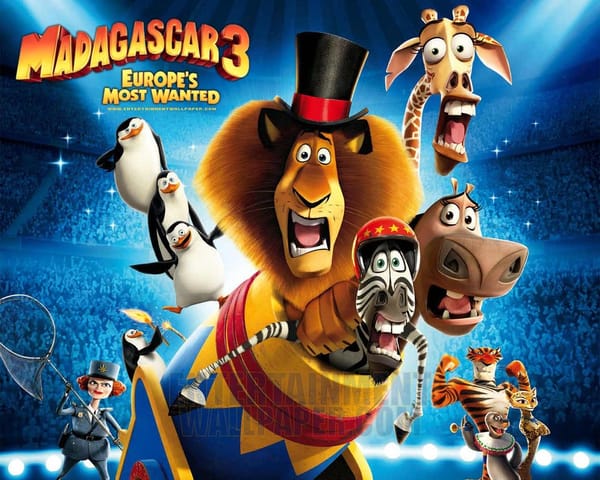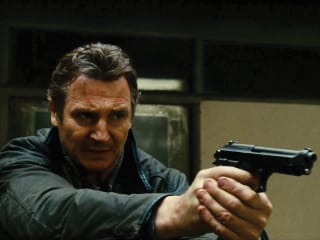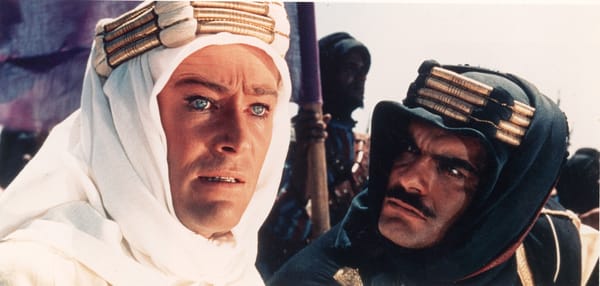Kneel, obey, submit, comply, surrender
The Master is good, by no Masterpiece

There is no denying that Paul Thomas Anderson (Magnolia, There Will be Blood) is the most bold and intelligent director around. He is fearless in undertaking a challenging topic, and his deliberate ambiguity in his characters, the deep complexities, the uncomfortable situations, hard-hitting scenarios, all make their appearances: very little changes in his hotly anticipated The Master. Dense, heavy narrative? Check. Top-notch performances? Check. You get the feeling that there is something great here – an insightful character study of sorts, delving into a struggling man’s psyche, but due to the many obstacles that stand in the way of the film being a widely accessible experience, it sadly misses out on becoming a classic.
Although loosely based on the rise in popularity of the controversial religion Scientology, it would be a mistake to assume that this is in any way a piece of expose. Instead we concentrate solely on the story of Freddie (Phoenix), a traumatised World War II Navy veteran who has lost his way. Alcohol and sex are the two things that he’s addicted to, and he has a special knack for producing his own quality booze wherever he ends up. Not able to secure a job due to his fiery, uncontrollable temper, he decides to sneak aboard a yacht, where a life-changing encounter occurs.
He has very little recollection of the night he crashed the extravagant party thrown by Lancaster Todd (Hoffman). But Todd is intrigued: Freddie’s volatile behaviour, his childlike qualities, his aimless path, and last but not least, his exceptional ability to make his own very unique brand of alcohol. Todd is the founder of a philosophical movement known as “The Cause” and with that he believes it is his duty to help out the lost Freddie, and make him realise his true potential, as well as his place and purpose in life. He’s charismatic, well-spoken, intelligent, and knows what to say when.
Essentially he is very good at what he does, as he inspires and moves people, which is why he has so many loyal supporters. His wife, Peggy (the steely cold but underused Adams), is one of his biggest devotees, respecting everything he’s achieved thus far, firmly believing that their organisation has much more to accomplish. The sudden arrival of this unstable individual is a cause for alarm, as she casts a weary set of eyes on the stranger. Their son Val (Jesse Plemons) however, is less convinced about his father’s endeavour: “he’s making all this up as he goes along… you don’t see that?”
So what is Todd up to? Is he a fraud? Or does he actually believe in what he’s doing? His methods of teaching on human psychology, the repetitive experiments he subjects his members to seem crazy and unnerving, but for a broken man like Freddie, this alternate way of guidance, as well as Todd’s open arms and generosity become irresistible. Todd very gently pulls out the necessary answers from Freddie, what happened to him in the past, what has hurt him most, his insecurities: all buried deep in his complex mind web.
And of course, the pair of Volpi Cup winning performances can truly be summed up as a brilliant master class in acting perfection, a duo so well matched that their efforts will not go unnoticed. With Phoenix it’s those unflinching eyes that do most of the talking. Whenever he loses his way, his downward spiral is quite the dramatic and disturbing one, with Phoenix quite literally giving all he’s got physically to the role. His erratic, unpredictable changes, at times bordering on psychosis are so utterly mesmerising that if he would only stop trash-talking the Oscars, he could score an easy win.
Equally impressive is Hoffman, as the enigmatic leader, calmly using his words and civility to spread his message. He also succeeds in painting a vague picture around the core of his character: at times he seems to believe every word he’s preaching, but there are moments where he himself seems to be lost for answers. Is he a fraud? Is he leading a cult? Is he as smart as everyone makes him out to be? We will never truly know.
Full of unclear ideas, the film fails to be a truly compelling one. The relationship between the two men seems to be the main focus but even that doesn’t give the audience a clear enough perception into them to maintain enough drama and interest throughout its running time. And as is the case with most Anderson’s films, everything looks phenomenal. The much lauded 70mm does bring out the enhanced quality and his many close-ups into the outstanding actors further give them a chance to shine in their difficult roles. But here is a film that falls short of true grandeur and greatness due to its lack of exploration into its initially fascinating subject matter.





